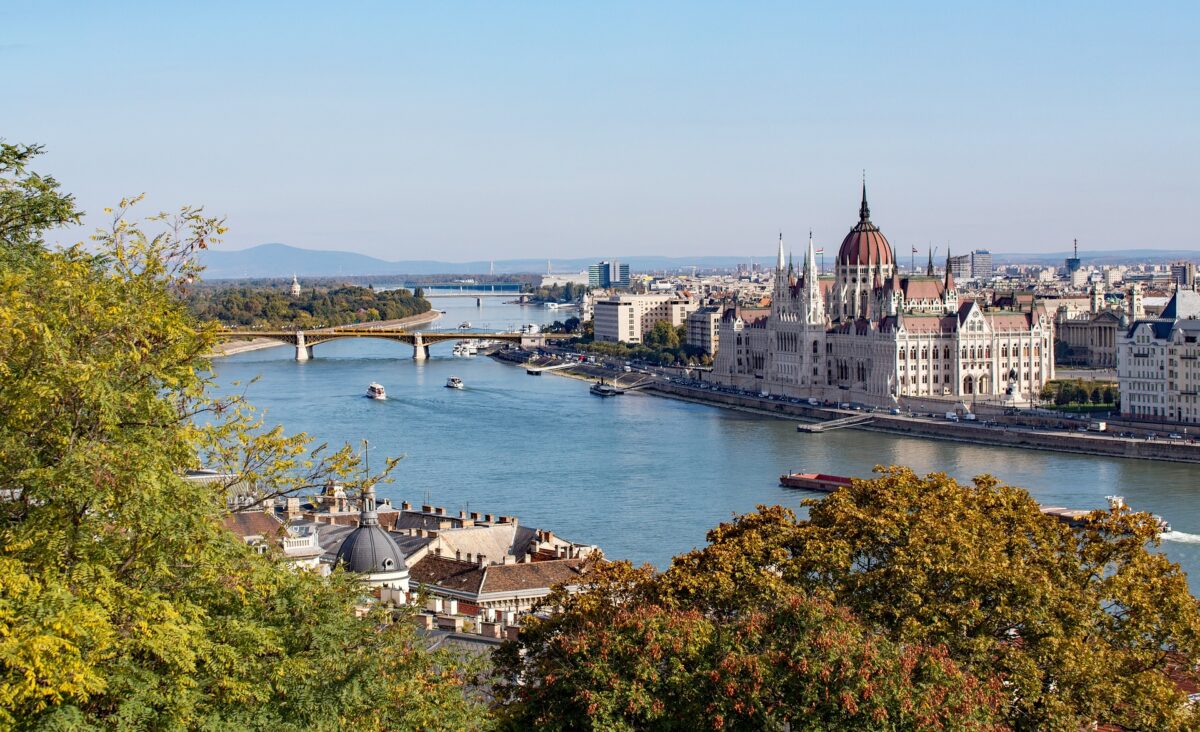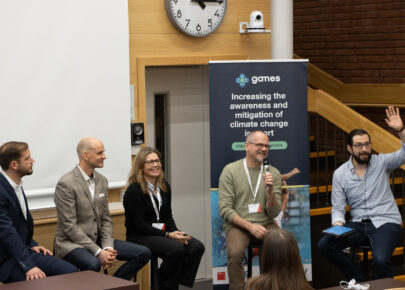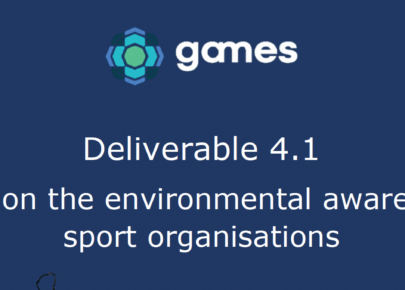Budapest 2023 sustainability initiatives marked by World Athletics ISO 20121 certification
GAMES partner World Athletics will integrate their Sustainable Event Management System (SEMS), ‘Athletics for a Better World’, at the Budapest 2023 World Athletics Championships in August.
The validity of this system and World Athletics’ ability to deliver sustainable events was recently recognised by being awarded the ISO (International Organisation for Standardisation) 20121 standard, a comprehensive framework for sustainable event delivery that addresses reducing costs, limiting carbon emissions and waste, managing the biodiversity of venues, respecting human rights and achieving a diverse and inclusive workforce.
Athletics for a Better World will be tiered with platinum, gold, silver, bronze and recognised event achievement levels. Cities bidding to host World Athletics events from 2024 onwards – for which bids launched in the second half of 2022 – will have to achieve gold as a minimum prerequisite, meaning sustainability will be core to all future World Athletics events.
“Having this robust independent review of the processes and systems we’re putting in place lends a lot of credibility to our efforts in making our events more sustainable,” said World Athletics President Sebastian Coe. “It shows that the path we’re creating for all our events is the right one.”
Speaking at the Diamond League finale in Zurich last September, Coe remarked: “We have to put them [athletes] into environments where they’re not going to be having long-term implications from the choices we make, and that’s going to be tough. We came to the conclusion a few years ago that if we’re not about clean air, then we’re probably not about much else.”
It is no wonder, then, why improving air quality is one of World Athletics’ core sustainability strategy pillars that is being addressed at Budapest 2023.
At the World Championships’ sustainability launch event earlier this month, an urban forest regeneration project began that will replace old and unhealthier trees in Budapest with native trees. Organisers of Budapest 2023 selected two areas for the project – the first just nine kilometres from the National Athletics Centre in Budapest’s 20th district, and the second in the much larger 4th district on the city’s outskirts.
A recreational area for thousands of the city’s inhabitants, this regeneration will enhance opportunities for local communities while cooling the air temperature and improving air quality. As such, World Athletics have complemented the city of Budapest’s wider climate adaptation strategy.
One of the key objectives in the city of Budapest’s Climate Strategy and Sustainable Energy and Climate Action Plan is developing green infrastructure. Government officials recognise the need to increase the ratio and quality of green areas compared to ‘inactive, paved’ surfaces. While many of the city’s parks with old tree populations are left to fate, 28% of Budapest’s population live in 10% of its territory, meaning areas of vacant space that could be turned into green areas aren’t hard to find.
Currently, Hungary’s capital only has 5m² of green area per capita, much lower than the EU average. The heat island of Budapest’s urban area has generated an average temperature rise of 1.5°C since the 1970s. Continuing along our current trajectory, temperature models are projecting a further rise of 4-6°C by 2100.
The Budapest 2030 Long-Term Urban Development Concept, The Budapest Green Infrastructure Strategy (under development) and The Budapest Mobility Plan 2030 are three documents intended by city authorities to address these issues. The latter aims to develop the city’s transport network by improving accessibility between metropolitan areas by unifying different transport methods.
Budapest 2023 will encourage spectators to use public transportation options, such as the city’s extensive tram and light rail network, or the city-bike system. Group ticket discounts will be offered to spectators travelling to Budapest via rail or long-distance buses, and event organisers have partnered with the Budapest Public Transportation Company (BKK) to offer free public transportation for teams and volunteers.






